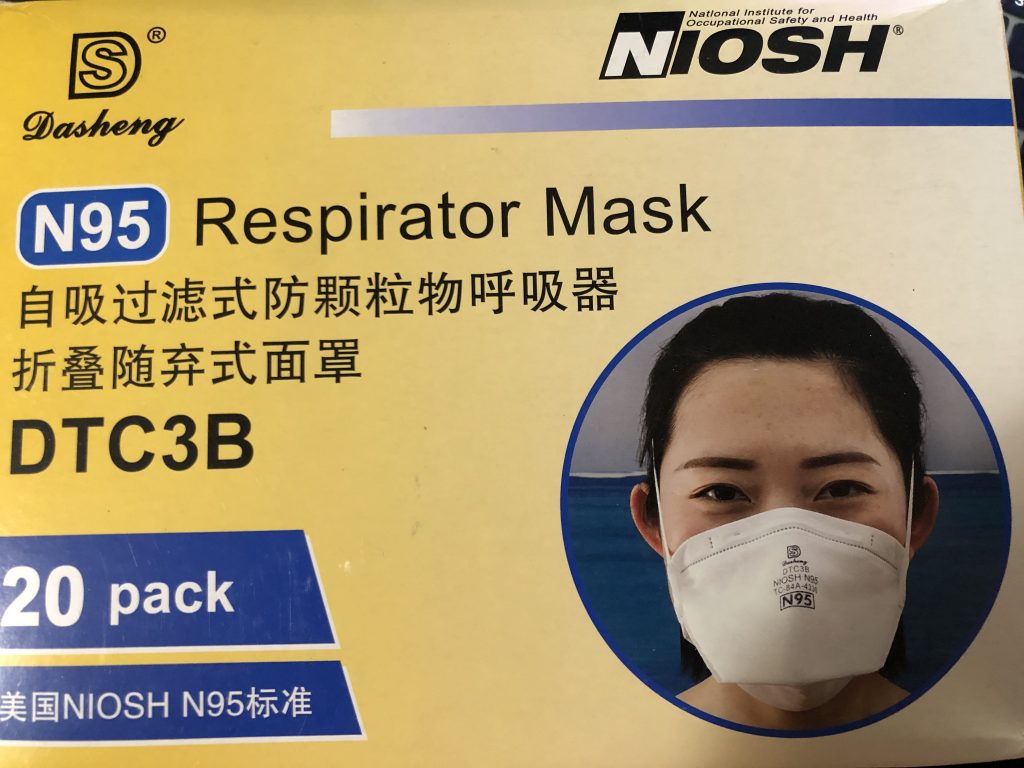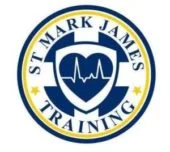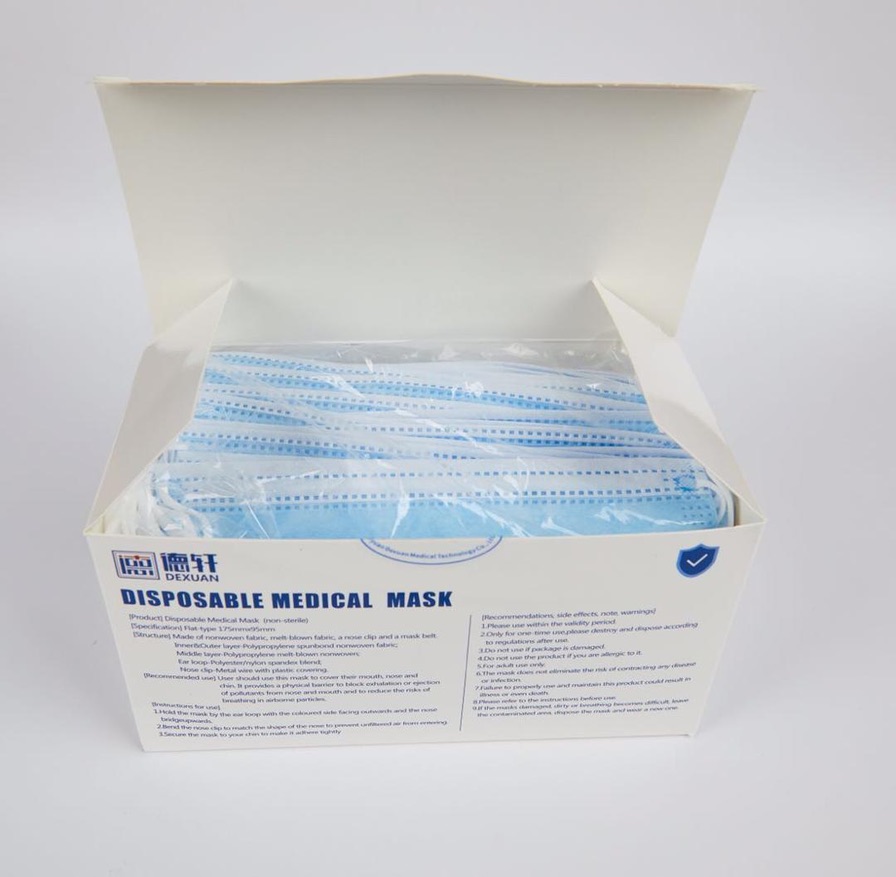There are three main types of face masks available. It is important that you know the type of protection that they provide.
N95 face mask
These are tight-fitting masks designed to create a seal around the nose and mouth and can screen up to 95% of small airborne particles. These masks are likely to prevent the spread of the aerosolized virus – those that are suspended as a mist in the air.
Generally, these are used by healthcare workers in specific medical procedures that produce aerosols such as inserting a breathing tube or bronchoscopy.
Take note that there is a variation of the N95 mask that is built with an exhalation valve which makes it easier to breathe but allows unfiltered air to escape. Health Canada does not recommend the use of this type of mask as a COVID-19 preventive measure.

Surgical or medical face masks
These are looser fitting, flexible disposable masks that are considered as effective barriers against large-sized droplets released by coughing, talking, or sneezing – the main ways COVID-19 is spread.
Non-medical cloth face masks
These are reusable, washable face masks and have been considered in some hospitals in the United States as a last resort due to the shortage of other kinds of masks. At least one Toronto hospital requested such masks for people who do not work in healthcare such as visitors or recently discharged patients. Sadly, they are quite porous and their effectiveness has not been extensively studied.
For more information about this story, click here to learn.
LEARN MORE
Learn how to stay safe by enrolling in a mask fitting test which is a requirement for many workplaces and school admissions or the available masks for sale by visiting our face mask sale page.
https://www.cdc.gov/coronavirus/2019-ncov/downloads/cloth-face-coverings-information.pdf
https://www.cdc.gov/coronavirus/2019-ncov/prevent-getting-sick/cloth-face-cover.html

